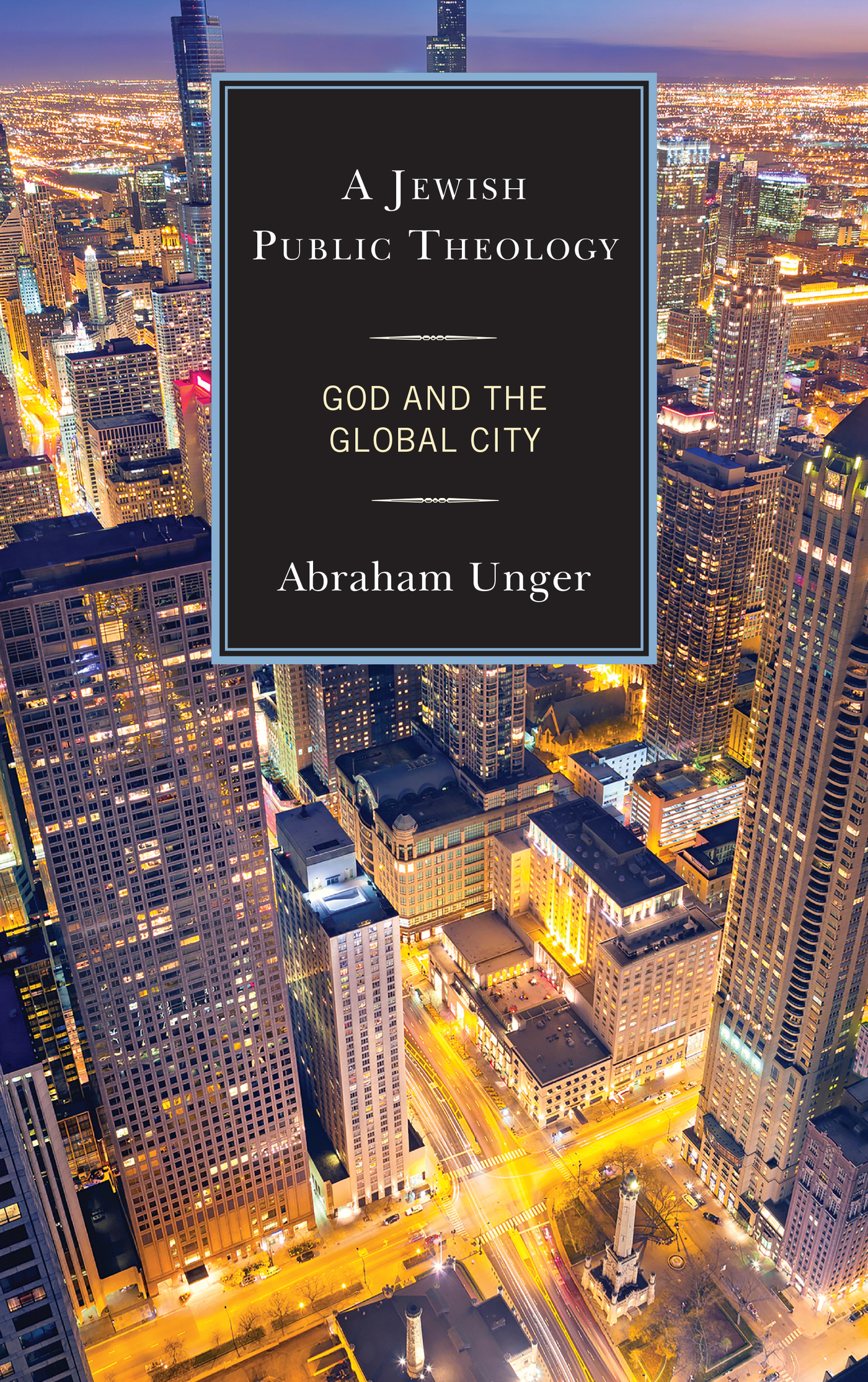A Jewish Public Theology
A Jewish Public Theology
God and the Global City
By Abraham Unger
LEXINGTON BOOKS
Lanham Boulder New York London
Published by Lexington Books
An imprint of The Rowman & Littlefield Publishing Group, Inc.
4501 Forbes Boulevard, Suite 200, Lanham, Maryland 20706
www.rowman.com
6 Tinworth Street, London SE11 5AL
Copyright 2019 by The Rowman & Littlefield Publishing Group, Inc.
All rights reserved. No part of this book may be reproduced in any form or by any electronic or mechanical means, including information storage and retrieval systems, without written permission from the publisher, except by a reviewer who may quote passages in a review.
British Library Cataloguing in Publication Information Available
Library of Congress Cataloging-in-Publication Data Available
ISBN 978-1-4985-3587-8 (cloth : alk. paper)
ISBN 978-1-4985-3588-5 (electronic)
 TM The paper used in this publication meets the minimum requirements of American National Standard for Information Sciences Permanence of Paper for Printed Library Materials, ANSI/NISO Z39.48-1992.
TM The paper used in this publication meets the minimum requirements of American National Standard for Information Sciences Permanence of Paper for Printed Library Materials, ANSI/NISO Z39.48-1992.
Printed in the United States of America
I dedicate this book to
Rabbi Jay Miller, may his memory be for a blessing
My Rebbe, who taught me how to think
Ari and Rafi Unger
My sons, whose intelligence, empathy, and thirst for Torah
continuously amaze me
Preface
I recall some years ago walking along Broadway on Manhattans Upper West Side with a good friend who had just begun her studies at Union Theological Seminary, the famed Protestant seminary that once hosted on its faculty the seminal public theologians Reinhold Niebuhr and Paul Tillich. I was studying for ordination as an Orthodox Rabbi, and I was curious what my Christian friend was studying in her graduate program. She told me, systematic theology. I asked her what that was. I did not have a full grasp of what a theology and its contents might entail, let alone an understanding of its doctrinal structure. Then my friend asked what material I was covering. I replied, law. Law? That was it? No theology? No philosophy? No. Just the casuistry of Talmudic law, reasoning out how to think through a piece of torts or a complex ritual matter. She asked me where G-d was in all this. I was caught off guard. This was not a question I had considered before.
I was firmly convinced, and still am, that G-d gave Israel, meaning the Jewish body politic, a divine body of Biblical statutes and the exegetical principles underlying their Rabbinic expansion, the proverbial fence around the law (Avot 1:1). I further believed that this revelation occurred in a historic Divine-human encounter at Mt. Sinai, as Exodus records (19:120). But I could not articulate the presence of G-d in my Talmudic curriculum, while all that my friend was doing, it seemed, was reading and writing about G-d. Her academic path certainly seemed a reasonable course of study for someone at a seminary.
Afterwards, I tried to figure out what the underlying message of my Talmudic studies might actually be. I delved into the work of Rabbi Joseph Soloveitchik. Soloveitchik suggested an attractive apologetic for Jewish Orthodoxy, passionately arguing that any authentic Jewish philosophy must emanate from the Halakhah, the Jewish legal tradition (1986). His reasoning seemed iron clad to a student of Rabbinics. Halakhic material provided the foundational literature of the Jewish corpus until the advent of modernity and alternative, extra-legal expressions of Jewish thought such as academic Jewish studies and Zionism. Soloveitchik put it bluntly when he wrote, Rabbinic legalism, so derided by theologians, is nothing but an exact method of objectification (1986, p. 85). I realized that the practicalities of the Law offered source material on what the contours of an authentic Jewish theology might be. The project that Soloveitchik outlined was to let theory emerge from the raw data in order to build a Jewish religious philosophy out of the lived experience of the covenantal Halakhah.
I went on to graduate training at Fordham University in political science. This great Jesuit bulwark taught me to think rigorously and exposed me to both practical philosophy and metaphysics. But this tight methodology, insisting on taking text on its own terms, meaning seeing the words in the context of the hermeneutic that generated them rather than taking a behavioralist stance, fit with my Rabbinic background. It was a new literature, but the same casuistic method of close parsing out of formative texts.
Each tradition has its missing pieces. Soloveitchiks call to build a genuine Jewish philosophy has not yet been realized. Except for one slim work in Western philosophic language defending the intellectual integrity of his neo-Orthodox polemical stance (1986), Soloveitchiks oeuvre was overwhelmingly homiletical, not philosophical. In the end, he was a master exegete of Talmudic text within the yeshiva, but the promise of Soloveitchiks early claim towards generating a Rabbinic approach to the existential issues surrounding the human condition was not fulfilled.
Even considering Heschel and his more sustained theological reflection, there has not been a classically grounded Jewish text along the lines of what many non-Jewish theologians have attempted. Christian teaching is not my bailiwick in terms of my own dual tracks of scholarship in public policy and Judaism, but I am aware of a varied and nuanced Christian tradition of reflection on the theological implications of twentieth- and twenty-first
century public life, ranging from Niebuhr to Stackhouse and Volf. Christian public theologians have long demonstrated how a faith tradition may speak both prophetically and practically to the range of contemporary public policy issues. Over the past two decades, since I began my Rabbinic and academic careers, those issues have become even more urgent due to globalization. Jewish thought is rich in law and somewhat in philosophy, but it does not yet provide any fully sustained public theology volume. Given my work as a political scientist trained by Orthodox Talmudists and Jesuits, still thinking about that walk with my friend in a Protestant seminary, I thought that a systematized Jewish public theology might one day be my contribution.
That project was placed on hold as others got underway. A life in the pulpit and in research ensued. But then, there was Brexit followed by the US election cycle of 2016, culminating in a presidency still unfolding in its pushing at the boundaries of what had once been the accepted norms of public rhetoric and policy making. The American, indeed global, world in which I had come of age a generation before, seemed not merely to break. Our public life in the democratic West quickly became, and continues to be, a relentless torrent of piercing civic anger and divisiveness.
The time to develop a clear statement of Jewish public theology, based on Biblical and Rabbinic sources, has arrived. Classical Judaism may not lend itself to the kind of systematization of theology that my friend was acquiring in seminary. It is weak on absolutism in doctrine on the nature of G-d Itself. But, it is strong on case law due to the Halakhic tradition, and provides a wealth of raw material upon which a cohesive social vision can be built. The Talmudic sages elected to stay away from Hellenistic metaphysics. The Rabbinic tradition presumes that G-d is ultimately unknowable and wholly other from humankind, as Maimonides exquisitely recapitulates in his
Next page
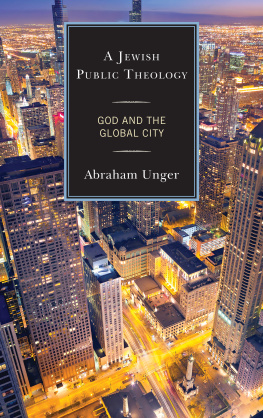

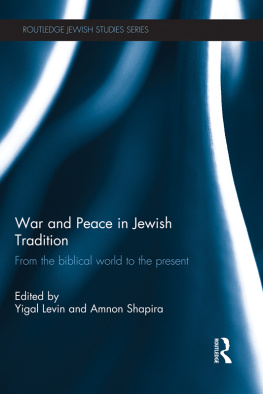
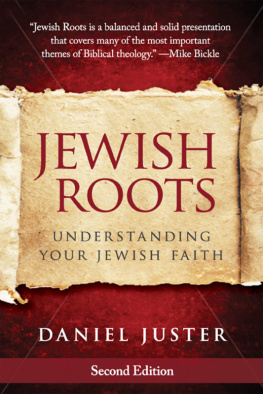
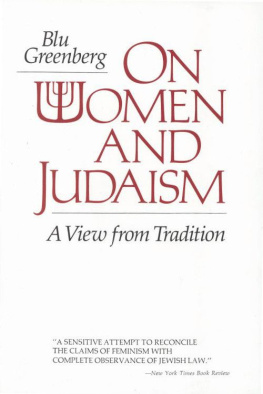
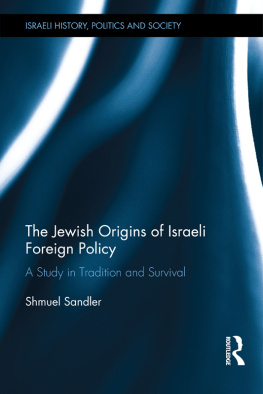
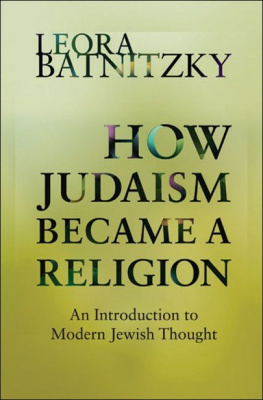

 TM The paper used in this publication meets the minimum requirements of American National Standard for Information Sciences Permanence of Paper for Printed Library Materials, ANSI/NISO Z39.48-1992.
TM The paper used in this publication meets the minimum requirements of American National Standard for Information Sciences Permanence of Paper for Printed Library Materials, ANSI/NISO Z39.48-1992.